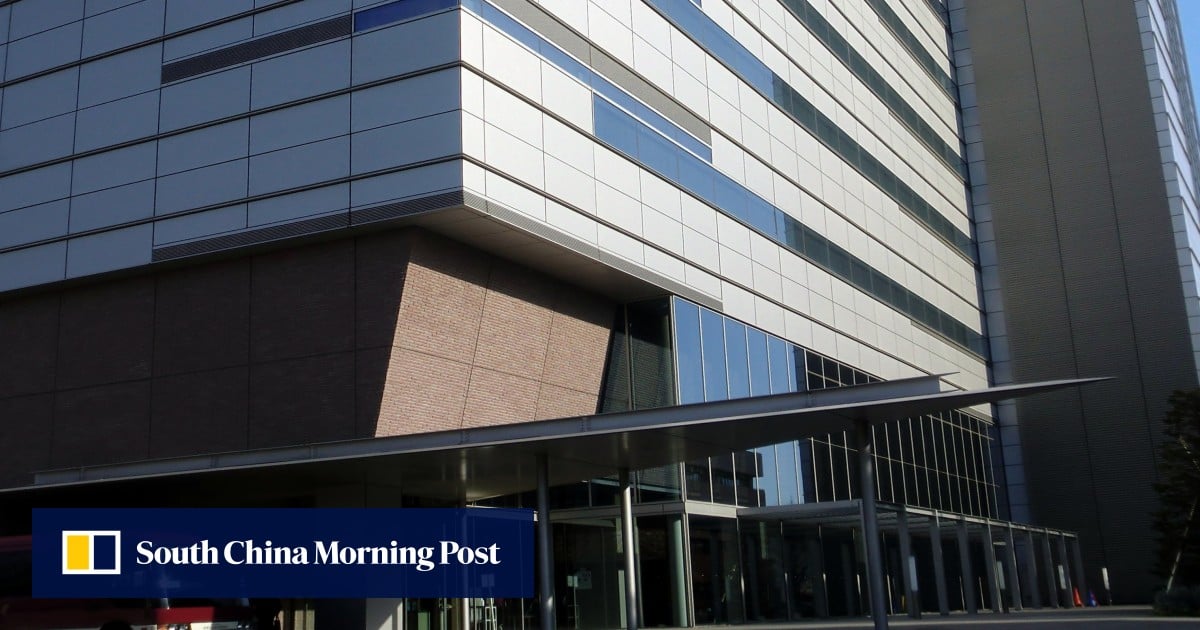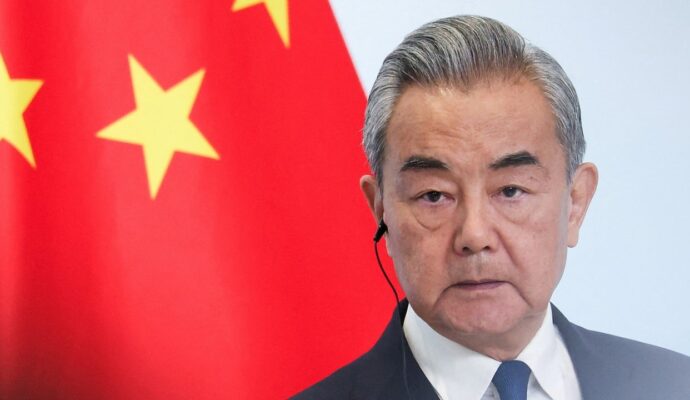
The data related to synthesis technology for a fluorine compound and the alleged leak via email in 2018 violated Japan’s Unfair Competition Prevention Law, police said.
The compound synthesis in the case is an advanced technology to produce a highly insulating gas used in electric devices like transformers.
One week after the email was sent, the Chinese company filed for a patent with Quan’s name as the inventor, Japanese media reported. The application was later approved.
AIST in Tsukuba Science City, Ibaraki prefecture, is Japan’s biggest publicly funded research institute, with more than 2,300 researchers.
Quan began working at the institute in 2002, specialising in fluorine compounds.
In 2006, he reportedly became a professor at Beijing Institute of Technology, a body sanctioned by the US government in 2020 for close ties with the Chinese military and national defence projects.
Quan’s home in Japan was also raided and various materials seized on Thursday.
According to investigators, the case is a “very rare” instance of an information leak to China from Japan’s national research institute.
But there have been occasional industrial espionage cases in Japan involving China.
In 2020 a former employee of a major Japanese chemical firm was prosecuted for leaking confidential information about liquid crystal technology used in smartphones to a Chinese company. The company had contacted the Japanese engineer via social media.

